How much do you love your job? If so, what will your career be like?
Believe it or not, it’s possible to love your job but not really love your career.
A job you love makes you look forward to going to work every day. You enjoy what you do (even if it can be hectic and stressful at times), and you enjoy working with your colleagues. Your job fulfills you and gives you satisfaction.
In contrast, your career is quite different. It’s more like having a pet or a plant. There is a constant need to feed and care for it. If you cling to the status quo and are too comfortable in your current situation, you will neglect your career when nothing lasts forever, and that applies to your current job too!
Keep an open mind about other employment opportunities unless you plan to retire from your current job. No matter how much we love our jobs, who among us plans on retiring at the one we have now? You’re neglecting your career if you don’t keep yourself open to other opportunities.
Careers and jobs can both be loved. For those who want to fully enjoy their career in the long run and their job right now, it’s the best course of action.
If you don’t love your job, what should you do?
Naturally, there is a possibility that you do not love your current job. There is no guarantee that everyone will be able to. It is statistically impossible. Fortunately, you still have options for improving your situation if that’s the case. Even if things don’t improve immediately, at least you will be taking action rather than letting circumstances dictate your future.
If you don’t love your job, here are five proactive and practical things you can do:
The first step is to conduct a quick audit of the situation.
It is neither as long nor as painful as it sounds. It simply involves identifying what is working and what isn’t in your current position. Where does your pain come from, and what can you do to alleviate it? There are times when the answer is something simple and small that can make a huge difference if addressed directly. Alternatively, you may simply be burned out. In that case, a vacation or a break might be all you need to rejuvenate yourself. It’s not a good idea to act on impulse or do something rash.
Consider other options at your current employer.
Maybe there are other opportunities at your employer, maybe you would be better suited for another position. Even if it isn’t always the case, it is wise to consider options, evaluate those options, and determine the best course of action. It might be a strategic move to increase your employment satisfaction if you are employed by a veterinary practice or Animal Health company that has multiple locations, for example.
Establish clear goals for your career (and your job).
Similar to step 1, in which you audited your current employment situation, it’s important to reflect and assess. During this step, you must assess what you want, both in a job and in a career. When conducting this audit, be as specific as possible. You should not just consider the job itself, but also the organisation, the company culture, and its employer brand. Plan the course your career should take. Think about where you want to be, how you plan to get there, and how long it will take.
Consult with trusted people and conduct research.
The good news is that you are not alone. There are literally millions of people out there who have lost their passion for their jobs-if they ever were passionate about them. The subject has been the subject of countless books, blogs, and articles (including this one). In addition, it’s a good idea to build a network of trusted professionals. Mentors can also prove useful in this regard.
Engage a recruiter with experience.
Working with a recruiter has many benefits, including the ability to conduct a covert and confidential job search while still working at your current job. In addition, recruiters provide invaluable insight into a variety of topics, such as employers, hiring managers, and salaries for people with similar skill sets and experience in the Animal Health industry and Veterinary profession. Get in touch for a confidential chat.








